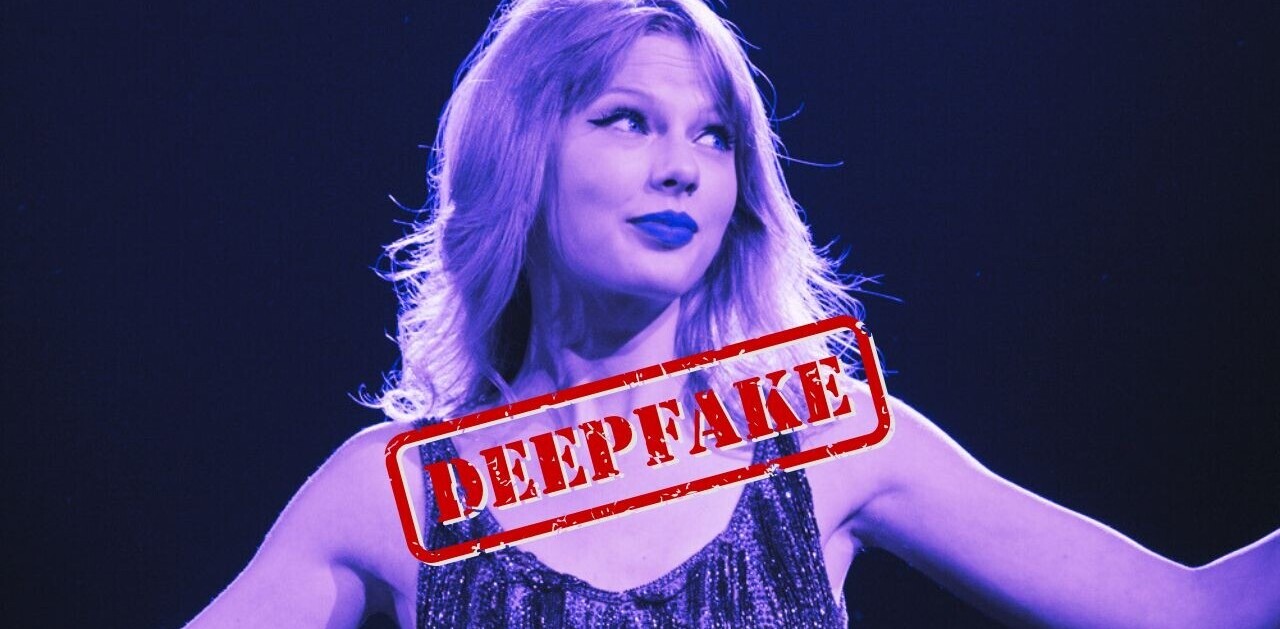
Brevity is baked into the way we tweet, but now Twitter is implementing this philosophy on its own rules.
The social microblogging platform has updated, reorganized, and shortened its regulations in an attempt to make it clear for users to understand what is and isn’t acceptable on the service.
“We’ve gone from about 2,500 words to under 600. In 280 characters or less, each rule clearly describes exactly what is not allowed on Twitter,” wrote Del Harvey, Twitter’s VP of trust and safety, in a blog post announcing the changes.
Although the broad high-level categories — safety, privacy and authenticity — follow the tweet length of 280 characters, they link to separate pages that go into great detail citing scenarios where you might potentially violate each of those policies.
Twitter hopes the changes will make it easy for users to find what they are looking for.
We’ve all been there. When we sign up for a service, we are often confronted with super-long privacy policies and terms of service agreements. Not only are they written in dense, jargon-filled legalese, they are often deliberately confusing and difficult to understand.
By consenting and signing up for something without really knowing what you’re agreeing to, you’re essentially giving any control you have may over your personal information.
Twitter’s attempt to make its regulations more accessible, while welcome, could also be linked to Twitter’s gamut of controversies. Abuse and harassment has been rampant on the platform. They’ll be hoping these updates provide more clarity to people when it comes to bans.
Will it work? It’s doubtful that simply rewriting rules will actually change the DNA of a company that seems averse to banning hateful and abusive content by conveniently hiding behind the ambiguity of “free speech.” As we’ve seen before, the real challenge lies is enforcing these policies. But, only time will tell.
Get the TNW newsletter
Get the most important tech news in your inbox each week.





